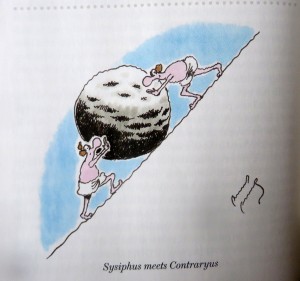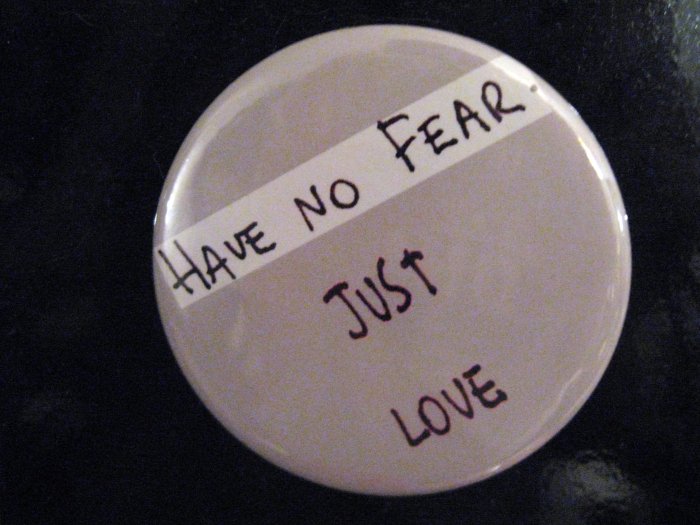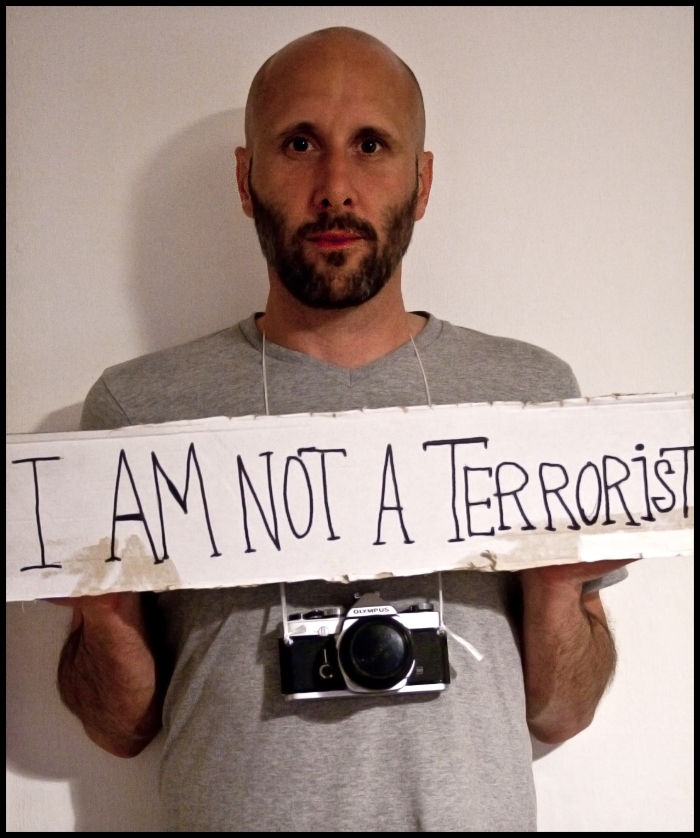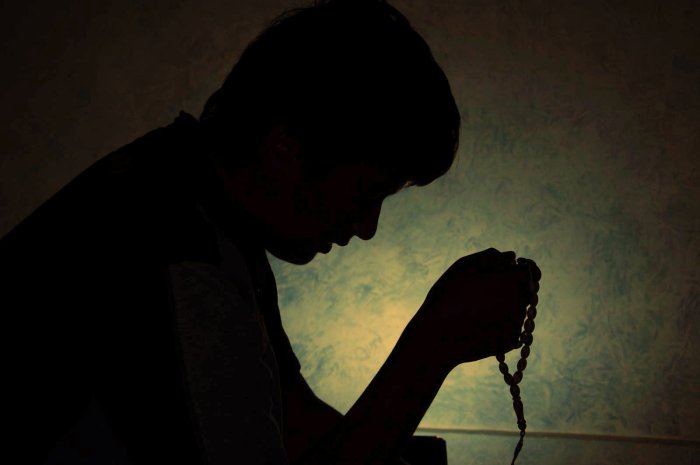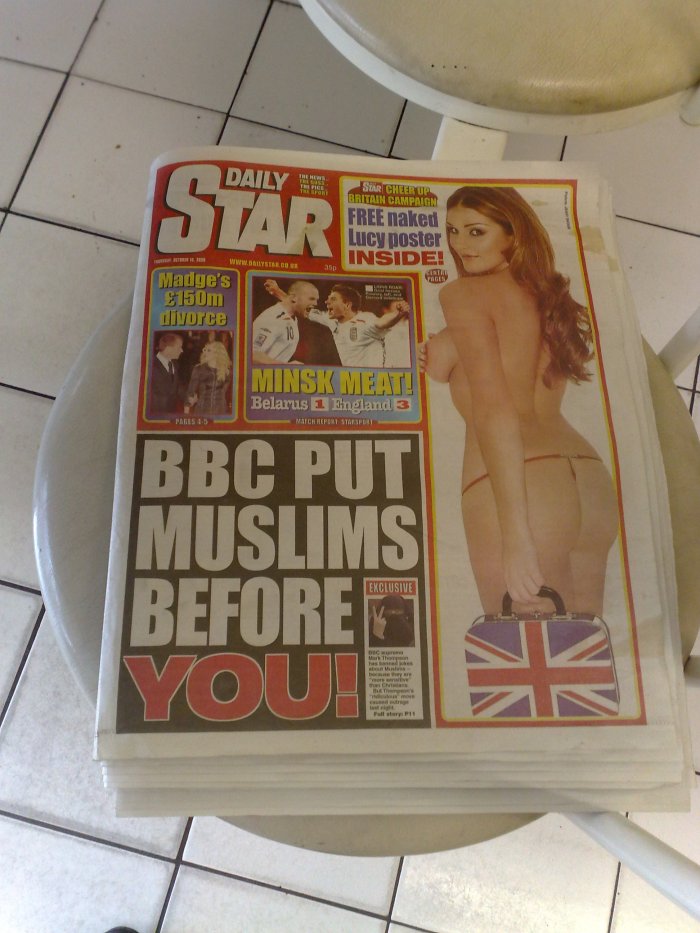The Pew Institute predicted recently that by 2070, Islam could be the world’s largest religion. The Institute also predicts that Christianity will lose majority religious status in countries such as the United Kingdom, France, and Australia.
Do I want Islam to dominate the world? No. It’s not because I think that Christians are better than Muslims. I have many beautiful Muslim friends, including Afghan Hazaras and Iranians who fled to Australia to escape persecution. They are wonderful people, loyal citizens, and the type of people everyone would like to have a next door neighbors.
Am I afraid of Islamic terrorism? Yes. But it is not religion that is terrorist, but fanatics claiming religion. There are dangerous fanatics among all religious groups. Right now many co-called Muslims are grabbing the headlines by outdoing each other in gruesome acts, and it is true that some words in the Quran and Hadith can be used as justification.
I want Christianity to persist and grow because of the great gift of love that Jesus Christ gave the world. As I write for this blog, I often find myself discussing the frailties of human consciousness (Christian, Muslim – it does not matter) that lead to hatred and violence. I have written about our blindness to anything that does not fit our personal frame of the world and how this leads to blame and defamation. This even causes us to create ‘evidence’ to support our world-view where none exists. We seek out people who affirm our own world-view and that breeds group violence. The blindness that results from this is buttressed by our belief that we are motivated by the best of intentions, and that our cause is ‘righteous’.
In the face of these human limitations that lead to destruction, I despair. There is no escape from my own human condition, and I have found that the more I strive to perfect myself, the worse I actually become.
But I am not left in that despair because Jesus Christ redeemed us from this. Christ does not call Christians to despair, nor to strive for perfection through human strength alone. While the Old Testament is a book of striving for perfection under the Law and violent striving against enemies, Christ tells us to love. And sometimes Christians are indeed able to love, not because they have perfected themselves, but in those moments when they can permit themselves to surrender to the love of God, allowing themselves to be ‘gathered under His wings’. We don’t deserve it, nor do we win it. We are given this grace.
Christians are called to love. We are called to share that love. The gift of love is what makes Christianity different. It releases us from the chains of striving, of despair, and dissolves the frames we create.
Let’s remember to offer this love to all of our fellow strugglers in life.
